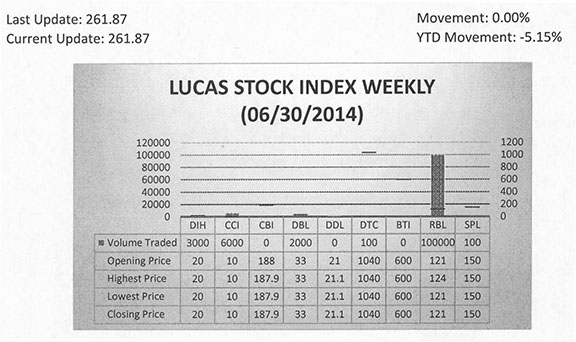Early days
These might be early days to be discussing the results of the census taken in 2012, but the population decline may have dashed the hopes of the government to brag about its handling of the economy and the economic development of the nation. If anything, the population decline points to several issues which suggest that Guyanese are not happy with the government’s management of the economic affairs of state. It appears as if the disaffected opted to abandon the stressful social, political and economic life in Guyana in favour of some other alternative in other countries. The crash of the population and its linkage to the economy also has implications for per capita income, productivity, consumption, and investment, particularly in housing. This article will take a brief look at the impact of the population decline on those issues.
Positive news
For the better part of the recent intercensal period, the Guyana economy grew by an average of four per cent. While real, that growth was never a result of any constructive economic policy by the government. The high price of gold, the high level of workers’ remittances, the relatively high price of rice, and debt concessions from creditors enabled the economy to expand and sustain positive economic movement for several years. The smaller population size means that per capita income was higher than was being reported over the years 2002 to 2012. It is likely also that labour productivity too was higher than imagined, even though employment numbers are yet to be made known. This is positive news.
Bad news
But the smaller population also brings bad news. Budget proposals on wages and reported tax data have made it possible to estimate the income earned by workers in the Guyana economy. Based on the findings, it can be said with high confidence that the smaller population means that a higher proportion, close to 30 per cent, of low-income workers and their dependents eke out a

